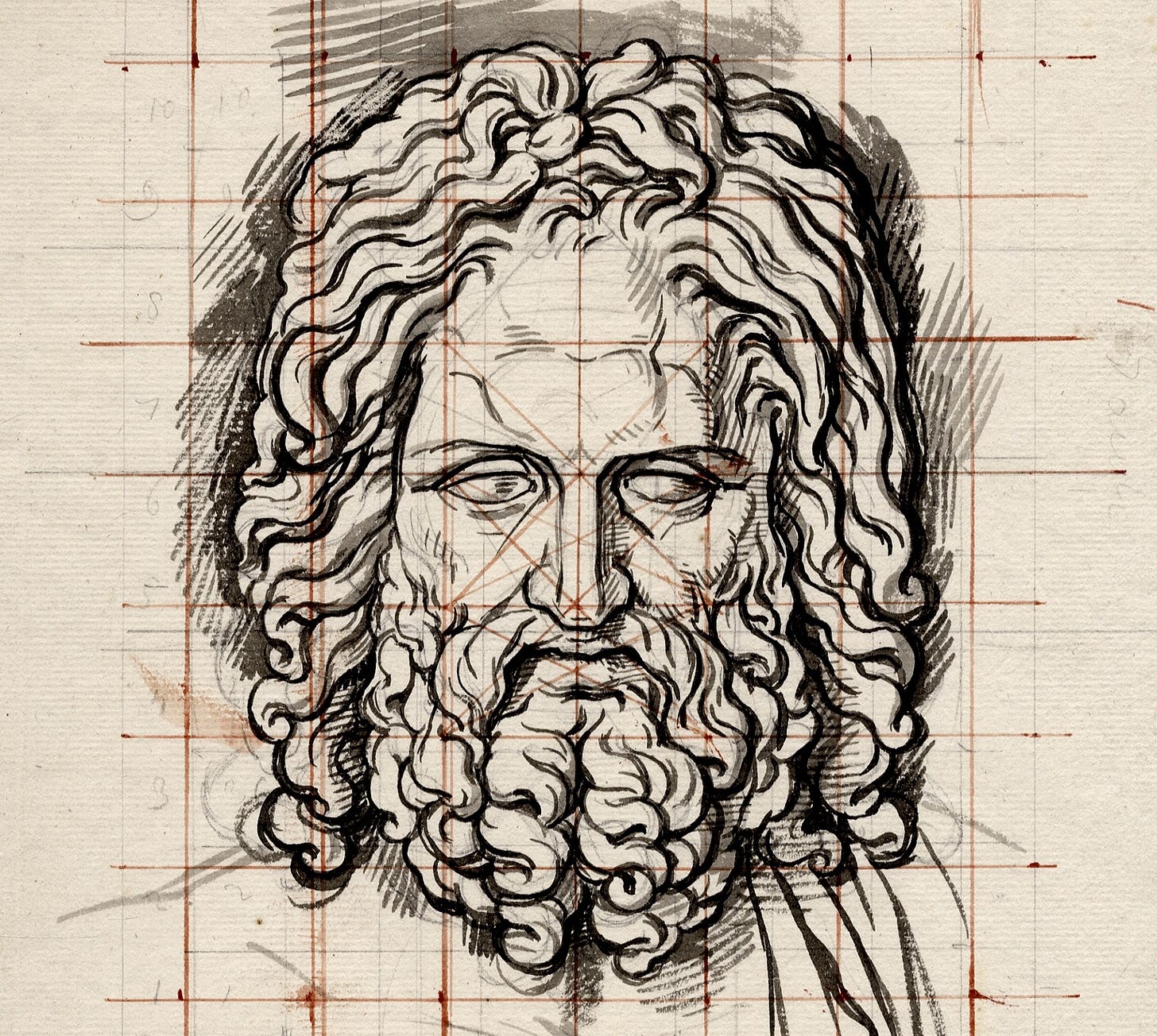The Secular Faith of Therapy
And other historical accidents future civilizations will struggle to understand.
Dear subscribers, we want to remind you that in addition to the audio of our podcast, video will be a standard feature of new episodes. Watch a recent episode of the podcast, “Looking for Happiness in All the Wrong Places”, where Damir and Shadi discuss progress, happiness and meaning. In the extended cut available to paid subscribers, the two talk abou…




